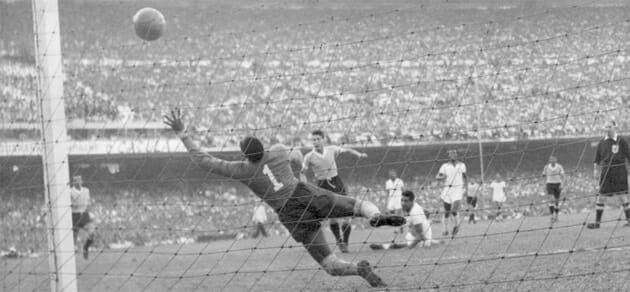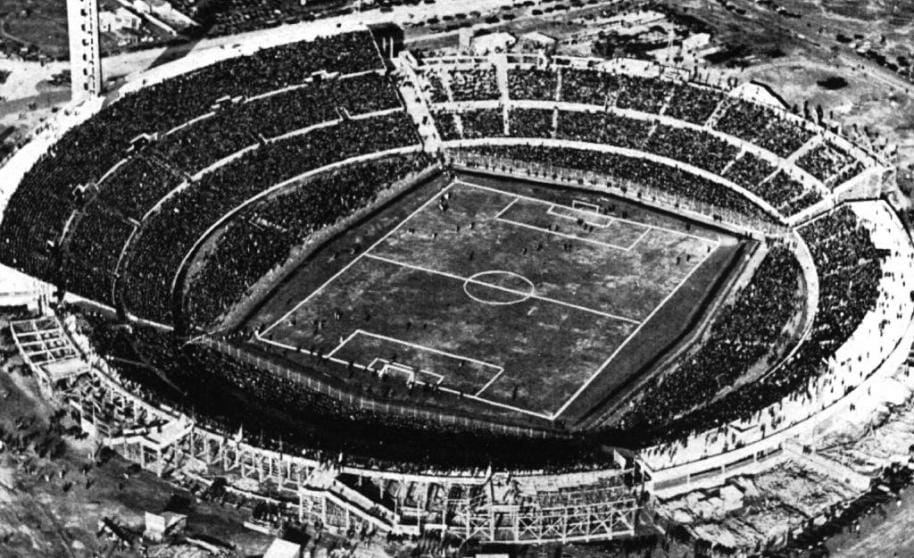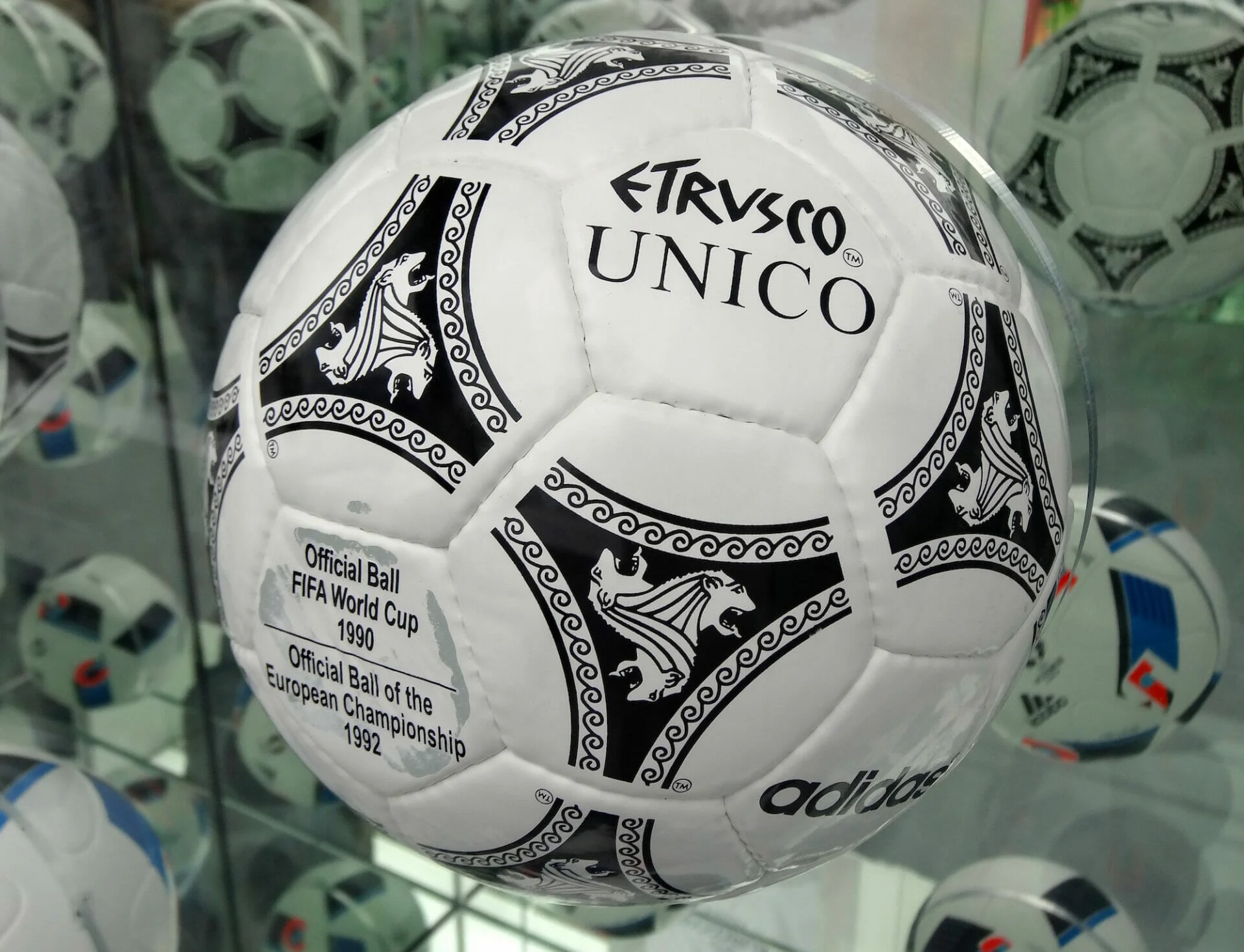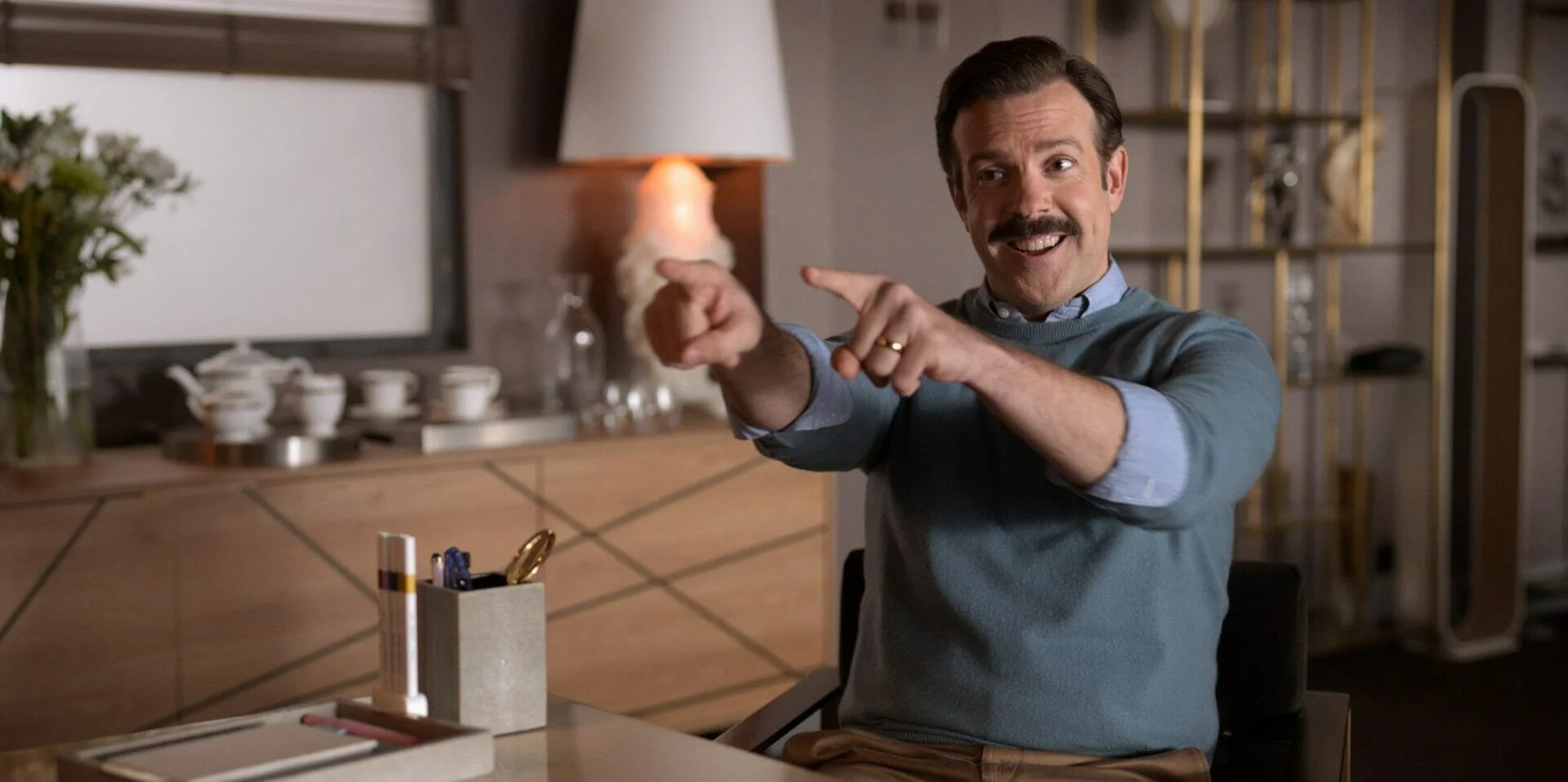
1950 El Maracanazo | The most tragic after match ever
Discipline
Event
Date
Country
Length
Winner-Podium
Other protagonists
Year
El Maracanazo, the decisive final match between Brazil and Uruguay at the 1950 FIFA World Cup, is remembered as “the worst tragedy in Brazilian sports history”. The cursed final, the 200,000 “legendary” suicides, the cunning trick of Uruguay’s captain, Obdulio Varela, the repented hero of a tragic day.
Rio de Janeiro, July 16, 1950. Winter in Brazil is a fairy tale above 25 degrees, but for many countries, it’s the World Cup’s summer. The world is under reconstruction. After World War II, Germany and Japan are not invited as they were still in national reconstruction phases after the conflict. Italy is an exception but following the tragedy in Turin and the plane accident at the Superga, the national team went by ship. It’s a strange World Cup. For the first time in history, there are numbers on jerseys, and the national team of India is rejected because they wanted to play barefoot.
Brazil is in the final. It is the favorite to win and plays at home, in the Maracanã stadium. The atmosphere is crazy: before the kick-off, the celebrations have already started, the crowd is drinking and the local authorities celebrate the Seleçao as World Champion. Who could ever stop them? The musicians did not even bring the sheet music for the anthem of the opposing team, Obdulio Varela’s Uruguay. The stadium is packed and it seems to pulsate: according to unofficial estimates, 200,000 Brazilians are packed like flies in the stands, all in celebration. The game begins.
The cursed match
In the second half Albino Friaça scores and Brazil take the lead. The whole stadium is a deafening bedlam in celebration. But while everyone is busy cheering, something happens on the pitch. Obdulio Varela approaches the referee: during the action of the goal, the linesman raised and immediately lowered the flag with a rash gesture. The Uruguayan captain wants an explanation. But it’s 1950 and the world speaks one language at a time. Obdulio asks for a translator to communicate with the referee.
Meanwhile, in the stands, the fans continue the party, but slowly they seem to realize that something is wrong. Brazilian players also seem to feel it. Eight minutes pass before Varela is able to explain himself to the referee and the game resumes. An infinite time. The joy of the fans vanishes, it slips away like balm badly applied and in an imperceptible way, it turns into something else.
A surreal win
Frustration, anger. Obdulio knows. It wasn’t an improvisation but a brilliant intuition. Instead of quickly returning the ball to the midfield after the goal, Obdulio stops time. He transforms the enthusiasm and frenzy of the “legendary” 200,000 exultant Brazilians into frustration. When the game restarts, it changes as if by magic. Uruguay first draws and then scores the winning goal with Alcides Edgardo Ghiggia Pereyra: they are World Champions. The stadium falls silent. The situation is surreal: the celebrations, which had been ready for days, are cancelled, Brazilian authorities flee, the whole country is in tears. According to the legends, there are more than 200,000 suicides that night. For the press, it is “the worst tragedy in the history of Brazil”. The Maracanazo.
Obdulio’s night
The atmosphere after the game is funereal. People on the streets are crying. In a short time, even the joy of victory is transformed. Something is missing: football, like happiness, is only real when shared, and the Uruguayans feel it on their own skin.
That same evening Obdulio wanders the streets of Rio with two companions. They walk into a bar to have a beer. Suddenly the door swings open, and a big fat man enters, sobbing, his face streaked with too much crying. “Obdulio screwed us,” he keeps repeating. The player looks at him. At the time the faces of the players were not known, except those of the captains. But Obdulio Varela is a hombre vertical, he hates journalists and the press in general and has never been portrayed in the official photos of his teams.
The man continues to cry and curse Varela. In a flash of madness, a friend of Varela warns the big man that Obdulio is right there in front of him, in flesh and blood. The whole place goes quiet. The man turns and points at the captain, approaching him. Then, inexplicably, he hugs him. “I was convinced that I was going to die that same night.” Varela will then say afterwards. The writer Osvaldo Soriano, el mas grande, one of the greatest connoisseurs of South American football of all time, tells it well, taking the word of Obdulio himself.
I looked at it and I felt sorry for it. They had prepared the best carnival in the world and, to hear that guy, I had ruined it. I felt bad. It would have been nice to see people having fun with something so simple. We had ruined everything and we hadn’t gotten anything. We had a title, but what did it matter in the face of all that sadness?
After the victory of the World Championship, the leaders of the Uruguayan Federation pocketed all the earnings. Obdulio Varela was given a battered Ford, which was stolen the following week.
For him, who was happy to work as a bricklayer because “it’s good money”, being paid to play football was something absurd. But the Maracanazo remained inside him. Being able to go back, Obdulio Varela said that he surely would have kicked “a ball or two into his own goal” to lose the game.
Tag
Buy a ☕ for Hypercritic







